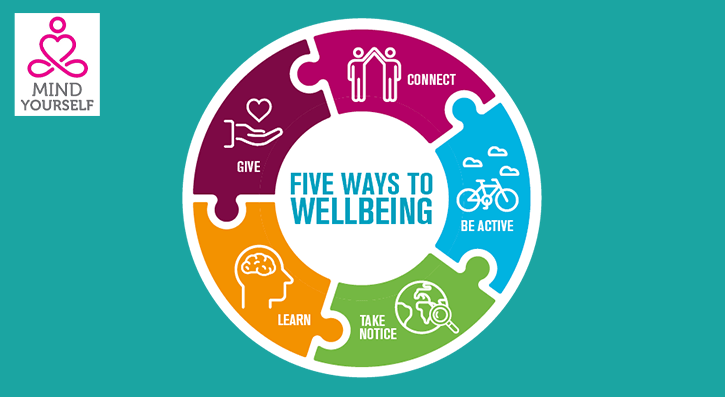

Nurturing Mental Wellbeing: A Holistic Approach
Maintaining mental wellbeing is essential for leading a fulfilling and balanced life. A holistic approach that addresses various aspects of mental health contributes to overall happiness and resilience.
Understanding Mental Wellbeing
Mental wellbeing goes beyond the absence of mental illness. It encompasses emotional, psychological, and social aspects of life. Understanding and prioritizing mental wellbeing involves cultivating positive emotions, building resilience, and fostering healthy relationships.
The Importance of Holistic Approaches
A holistic approach to mental wellbeing acknowledges the interconnectedness of mind, body, and spirit. It recognizes that physical health, emotional balance, and a sense of purpose are intertwined. Holistic practices aim to create harmony in these aspects, promoting a comprehensive state of mental wellbeing.
Mindfulness and Stress Reduction
Mindfulness practices, such as meditation and deep breathing exercises, are powerful tools for promoting mental wellbeing. These techniques help individuals manage stress, enhance self-awareness, and cultivate a present-focused mindset, reducing anxiety and promoting overall mental balance.
Physical Activity and Mental Health
Physical activity plays a significant role in mental wellbeing. Exercise releases endorphins, the body’s natural mood lifters, and contributes to improved cognitive function. Incorporating regular physical activity into daily routines is an effective way to support mental health.
Nutrition’s Impact on Mental Wellbeing
Nutrition plays a crucial role in mental health. A well-balanced diet rich in essential nutrients supports brain function and emotional regulation. A diet that includes whole foods, such as fruits, vegetables, and lean proteins, contributes to overall mental wellbeing.
Social Connections and Support Networks
Healthy social connections are fundamental to mental wellbeing. Building and maintaining positive relationships provide emotional support, reduce feelings of loneliness, and contribute to a sense of belonging. Nurturing social connections is a key component of holistic mental health practices.
Work-Life Balance and Time Management
Balancing work and personal life is vital for mental wellbeing. Setting boundaries, managing time effectively, and prioritizing self-care contribute to a healthier work-life balance. These practices help prevent burnout and support sustained mental wellness.
Professional Mental Health Support
Seeking professional support is a proactive step in nurturing mental wellbeing. Mental health professionals, including therapists, counselors, and psychologists, offer guidance and tools to navigate challenges, manage stressors, and develop coping strategies tailored to individual needs.
Cultural and Recreational Activities
Engaging in cultural and recreational activities contributes to mental wellbeing. Pursuing hobbies, attending cultural events, or participating in recreational activities provides enjoyment, fosters creativity, and adds meaningful experiences to life.
Continual Learning and Personal Growth
A commitment to continual learning and personal growth is inherent to holistic mental wellbeing. Whether through formal education, self-directed learning, or personal development initiatives, the pursuit of knowledge and growth contributes to a sense of purpose and fulfillment.
Empowering Individuals for Mental Wellbeing
Empowering individuals with knowledge and resources is crucial for promoting mental wellbeing. By fostering awareness about mental health, encouraging open conversations, and providing access to support networks, communities can contribute to a culture that prioritizes and supports mental wellbeing.
For more information on Mental Wellbeing, visit cloudfeed.net.
